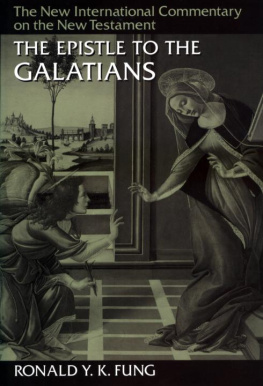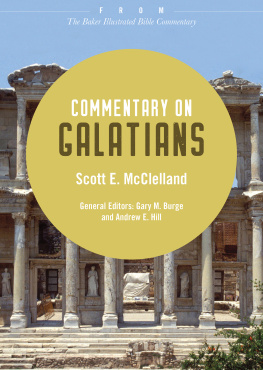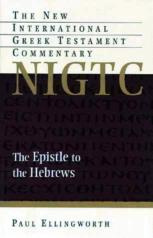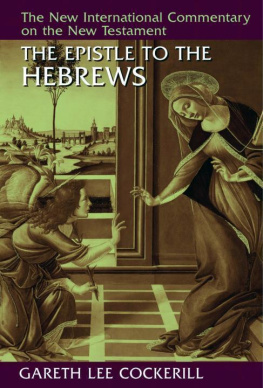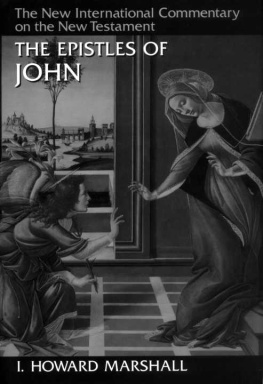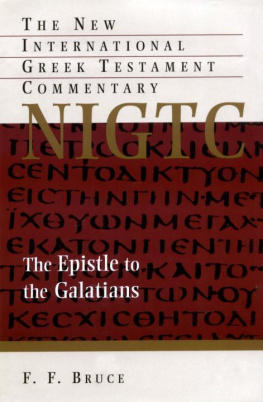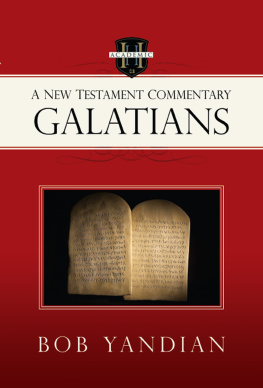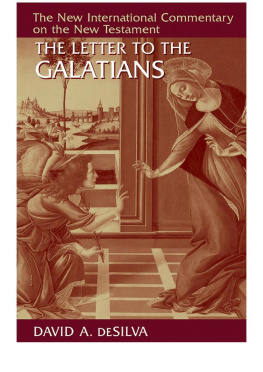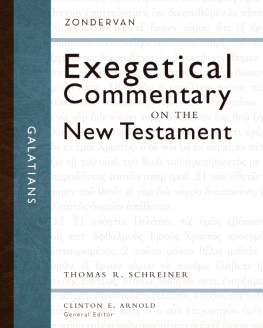GORDON D. FEE
General Editor
by
RONALD Y. K. FUNG





ix
xi
xiii
xix
In accordance with the policy of keeping the New International Commentary on the New Testament up to date by revision or replacement, a new volume on Galatians is now presented.
The original NICNT volume on Galatians was one of the earliest in the series: it was published in 1953, and was the work of Dr. Herman N. Ridderbos, who was for many years professor of New Testament Theology at the Theological Seminary of the Reformed Churches of the Netherlands in Kampen. In the decades since its appearance, study of Galatians has continued. New issues have emerged and older positions have been refined, and in this developing situation today's reader expects to find some help.
Dr. Ronald Fung has devoted many years to the study and interpretation of Galatians. He gained his doctorate in the University of Manchester with a dissertation on the relation between righteousness and faith in Paul's thought. This dissertation involved a detailed examination of the evidence of Galatians and Romans. In their report on the work, his examiners remarked that it may come to be recognized as the definitive answer to the question whether justification by faith is the central motif in Paul's understanding of the gospel or only (in Albert Schweitzer's phrase) a "subsidiary crater." Dr. Fung's research left no room for doubt that justification by faith-an experience as well as a doctrine-is the heart and core of Paul's gospel.
Since then he has published a full-length commentary on Galatians in Chinese, and he now presents another to English-speaking readers. I have read the major part of this work as it appeared month by month throughout 1983 and 1984 in the British periodical Harvester, and I think it important that it be made available to as wide a public as possible. Galatians is full of interpretative problems, but Dr. Fung gives careful consideration to each one of them, and offers to each a well-reasoned solution.
Both as a former mentor of Dr. Fung and as an appreciative student of his work, I have the utmost pleasure and confidence in commending this commentary to others. If nowadays we take it for granted that Christianity means freedom from spiritual bondage, we can do so because the case for Christian freedom was defended so vigorously by Paul in Galatians at a time when it was under attack. Therefore anyone who helps us to understand this document and derive profit from it is a public benefactor.
F. F. BRUCE
Although I did not know it then, the foundations for a commentary on Galatians were partially laid during the time I spent as a post-graduate student at the University of Manchester. My research project involved a detailed exegetical treatment of the first eleven chapters of Romans and almost the whole of Galatians, the major exceptions being Gal. 4:12-20 and 5:13-6: 10. That deficiency was made good during a six-month sabbatical leave in 1979-80 granted by the China Graduate School of Theology, when I wrote the first draft of a commentary on Galatians in Chinese, which appeared in 1982. Subsequently an opportunity was given me to attempt a serialized commentary on the same epistle in English for the British periodical Harvester, which published about half of my manuscript. That manuscript has been considerably revised for publication in The New International Commentary series.
A number of distinguished commentaries on Galatians have been published in English. Those of Lightfoot, Burton, Betz, and Bruce are especially noteworthy. I believe that there is still room for a fresh treatment of a number of the problems which interpretation of Paul's letter raises and especially for an examination of the letter specifically as Paul's most direct defense and exposition of justification by faith, which is so much the heart of Paul's understanding of the gospel and of Christian experience.
How much this commentary owes to the labors of others-not least to the writings and influence of my esteemed mentor-will quickly be obvious, and the footnotes will indicate something of my indebtedness.
who over two decades ago generously financed my three years of study at that institution and remained for many years thereafter a kind and praying friend. I also express my deep gratitude to all those whose support made it possible for me to pursue advanced theological studies in America and Great Britain.
Throughout this commentary the primary aim has been to provide a continuous exposition of the text, particular attention being given to the doctrine of justification by faith as it finds expression in this letter. The study behind this commentary is based on the Greek text of the twenty-sixth edition of the Nestle-Aland Novum Testamentum Graece (1979). Where it was considered necessary or desirable to refer in the text to the original, I have attempted to ensure that the reader with little or no knowledge of New Testament Greek will be able to follow the point being made. At the same time ample attention is given to details of grammar and syntax, in the hope that this might be of help especially to theological students. The English text cited, unless otherwise indicated, is that of the New English Bible.
RONALD Y. K. FUNG













For commentaries on Galatians and other frequently cited works see Abbreviations, pages xiii-xvii.

